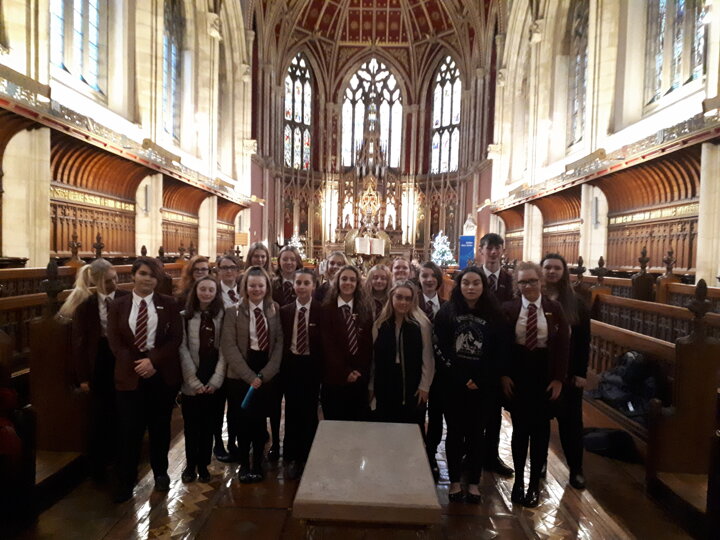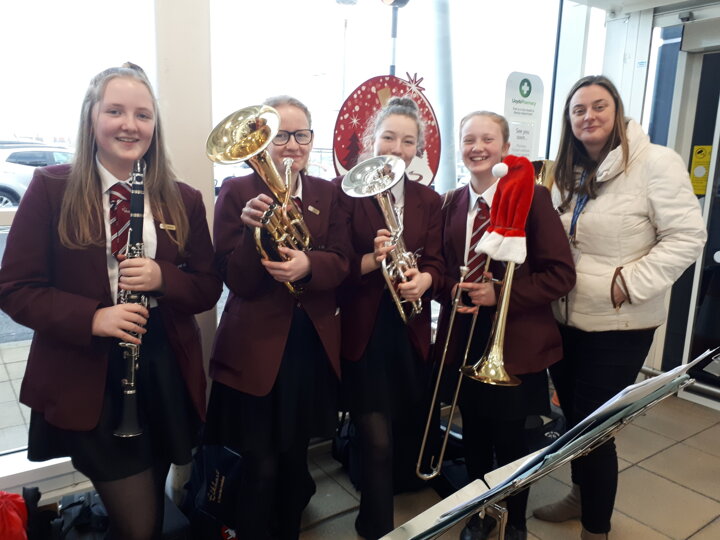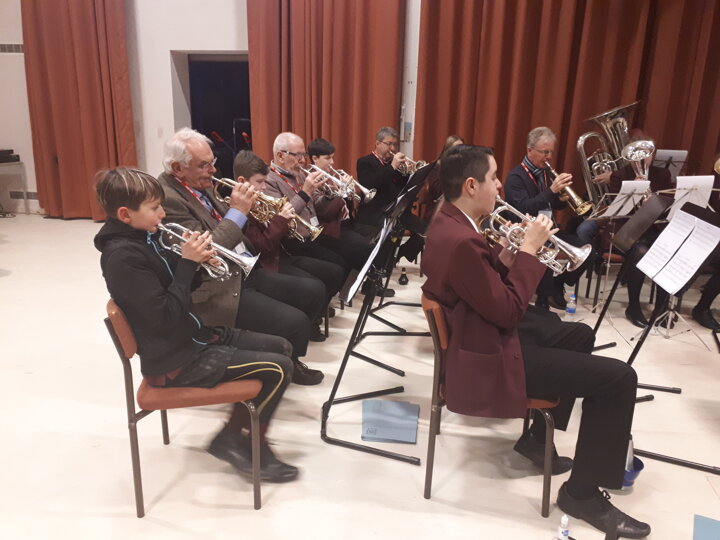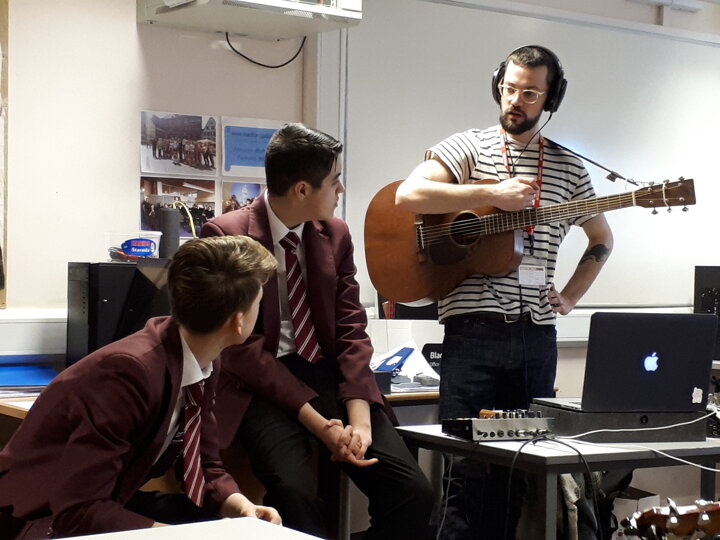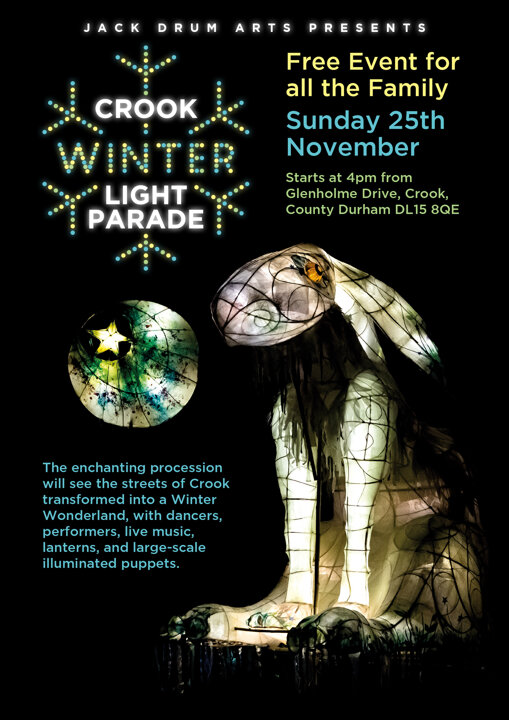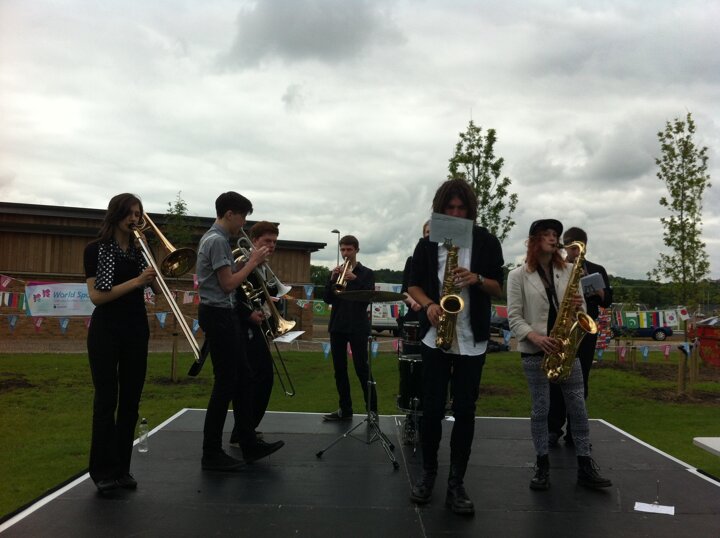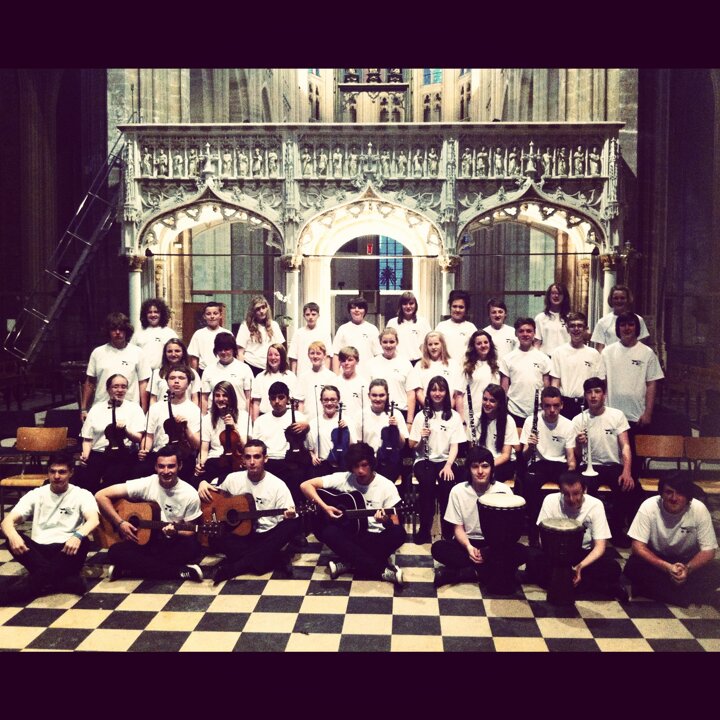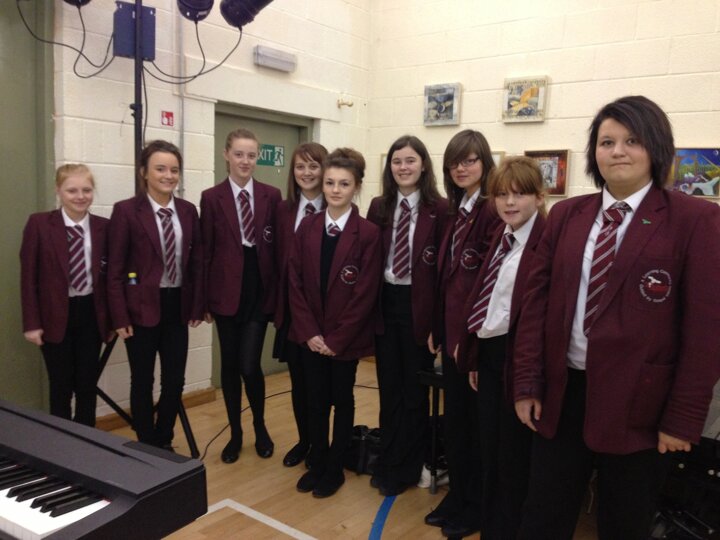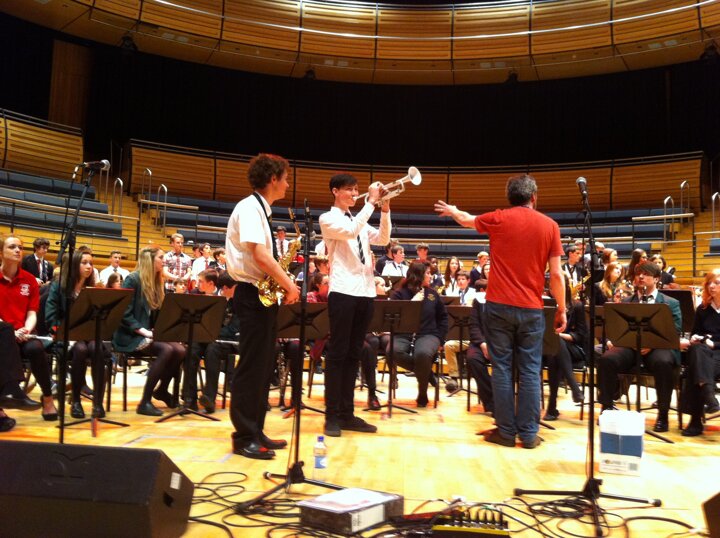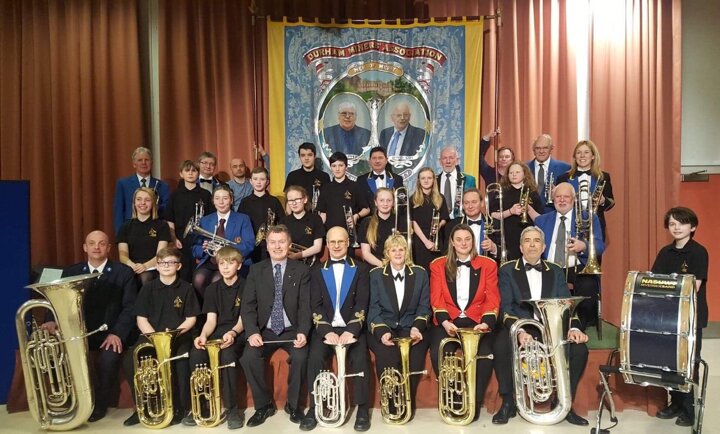For further information about Music at St John's please contact K Wearmouth (kwearmouth@stjohnsrc.org.uk)
Curriculum information
Music Development Plan
KS3 Music
Students receive 1 lesson of Music per week in Years 7 and 8 following a varied curriculum which facilitates the exploration of performance, composition, listening and appraising. Year 7 Topics include Key Skills, Keyboard Practical and Film Music. Year 8 students encounter Pop Music, Diatonic Compositon and Games Music.
The KS3 curriculum offers students the chance to experiment with sound, learn new instruments and broaden their theoretical knowledge of music preparing them for GCSE study if they wish. Topics enable students to develop their knowledge and skills within different traditions and genres. St John’s Music Department are passionate about making music accessible to all and for music to be as inclusive as possible. Extra-curricular activities include
Choir
Wind Band
String Group
Keyboard Club
Music Theory Support
MADD – Music, Acting, Dance & Drama
Durham Music Service provides instrumental lessons in school with tutors offering tuition in
Brass
Woodwind
Upper Strings
Vocals
The department encourages practical activity beyond the classroom too offering a wide variety of experiences. We have had the pleasure of performing in venues such as
Durham Cathedral
Sage Gateshead
Bishop Auckland Town Hall
Redhills, Durham
Beamish Museum
Newcastle Cathedral
We have had the pleasure to collaborate with numerous practitioners and musicians culminating in a variety of interesting and unusual projects. Students have been given the opportunity to write collaboratively with a composers, visit inspirational buildings and places to impact creativity, develop skills and build confidence. The department are dedicated to seek such opportunities and where possible, personalise the experience for individual students.
KS4 GCSE Music
GCSE Music has a clear structure, designed to help students build upon their knowledge and skills from KS3 integrating performance, composition and appraising skills into all aspects of the course. It is essential that students already play a musical instrument or sing and advisable that they receive tuition on their chosen instrument/voice. All students who study GCSE music will be expected to participate in extracurricular activities in school taking advantage of the variety of performance opportunities.
The value of music as an academic subject lies in its contribution to enjoyment and enrichment, for its social benefits, for those who want to engage in music formally as well as for fun. Music education enables lifelong participation in music as well as underpinning excellence and professionalism for those who choose not to pursue a career in music.
Taking music would assist in creating a broad and balanced curriculum. It is without doubt a subject that is academically demanding coupled with skills and experience in teamwork, cooperation, develops self-confidence, responsibility, discipline and social skills, all key to a successful school and future life.
Unit 1 Performing 30%
Content Overview
- Solo & ensemble performing
- Approaches to performing
Assessment overview
- Perform at least 2 pieces
- Standard level is Grade 3
- Perform 4-6 minutes
- Internally marked and externally moderated
Unit 2 Composing 30%
Content overview
- Develop musical ideas
- Compositional techniques and strategies
- Methods of notation
Assessment overview
- Complete 2 compositions of at least 3 minutes duration
- One composition set to a given brief by Eduqas and one free
- Internally marked and externally moderated
Unit 3 Appraising 40%
Content overview
- Areas of study to include Form and Devices, Music for Ensemble, Film Music, Popular Music
- The development and understanding of musical elements, contexts and musical language
Assessment overview
- Exam paper lasting 1h 15 m
- Prepared extracts, dictation, comparisons and extended answers are required
